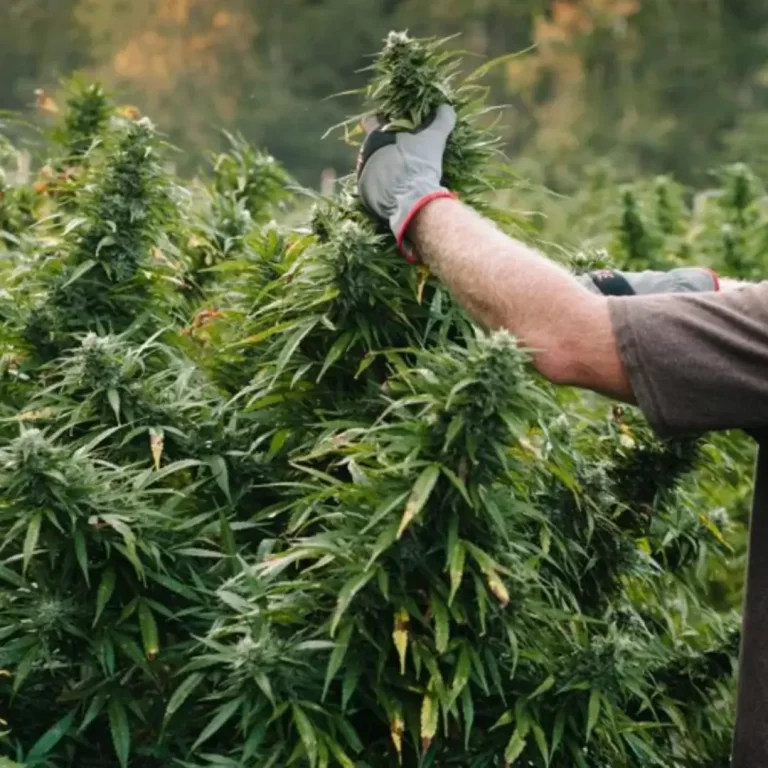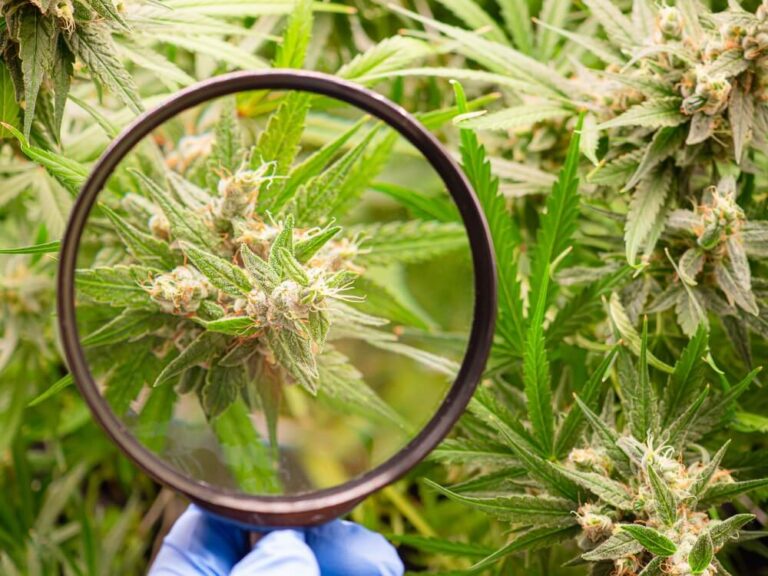
Japan to OK Cannabis-Based Medicine in Stunning About Face
- Cannabis News
- Cannabutter Digest
A monumental decision by Japan’s parliament is paving the way for cannabis-based medicines there. However, the movement towards cannabis reform in the Asian nation isn’t a complete win for cannabis advocates, as the National Diet also seeks to crack down on recreational marijuana use.
Recently, Japan’s parliament passed a measure legalizing cannabis-based medicinal products in the country. However, the measure also seeks to strengthen the country’s ban on recreational marijuana. It’s a double edge-sword for cannabis activists excited about the prospect of greater access to the therapeutic benefits of the cannabis plant but a disappointment for those hoping that easing medicinal cannabis restrictions would mean the eventual easing of strict bans on recreational cannabis use.
Japan Moves to Okay Cannabis-Based Medicine
Japan’s National Diet is giving the green light to a measure that would bring cannabis-based medications to the nation of 126 million. The law allows drugs made from cannabis plants and already approved for use in Europe and the United States to be used in Japan to treat individuals with significant medical conditions such as epilepsy. For example, the U.S. Food and Drug Administration has approved drugs, such as Epidiolex, a CBD oral solution, to treat severe and rare epileptic disorders.
Until recently, cannabis-based medications could only be used in clinical trials in Japan. The new measure approved by parliament means physicians can utilize these cannabis-derived medications outside of clinical trials for patients experiencing the debilitating effects of epilepsy and other severe medical conditions.
Not Without Additional Regulations
The move to allow cannabis-based medications in Japan is groundbreaking. However, the new law comes with a few strings attached, the most significant being new and stricter regulations governing the possession and use of recreational marijuana. Other than Thailand, which has been the only Asian nation to decriminalize cannabis, most Asian countries still subscribe to stringent, sometimes Draconian drug laws concerning marijuana. Although Japan is moving forward with approving cannabis-based medications for the treatment of specific medical conditions, the parliament’s new measure also closes a legal loophole while also further tightening the nation’s anti-marijuana laws.
The loophole in question made it legal to inhale marijuana fumes yet illegal to possess marijuana. The reasoning behind this odd law was to protect farmers who grow hemp – a textile crop and cousin to the cannabis sativa cultivars consumed for their psychoactive qualities – from getting in legal trouble if they accidentally inhaled smoke during the cultivation process. Concerns about drug use in the country among young people have grown, meaning lawmakers felt compelled to close the “inhaling” loophole to protect public safety and avoid promoting drug abuse.
Possession and cultivation of marijuana have already been prohibited. Now, “inhaling” or consumption of cannabis is also banned and can result in a prison sentence of up to seven years. Health Ministry officials say there has been a significant increase in cannabis use among teens and young adults in the country. Statistics indicate that in 2021, cannabis-related arrests hit a record 5,783 in Japan. A top government spokesperson says they hope the change in cannabis law “puts the brakes” on what’s seen as a troubling trend of teen and young adult drug use.
History of Cannabis in Japan
Hemp has long been a vital crop to the Japanese, first cultivated as much as ten thousand years ago. The plant produced fiber crucial for clothing, baskets, fishing equipment, and Shinto rituals, among other uses. Many hemp products are favored for their strength and durability and for use in sacred ropes and belts used by Yokozuna sumo wrestlers. However, as the popularity of first cotton and then synthetic fibers grew over the 19th and 20th centuries, domestic hemp production in the country dipped, and demand dwindled. At one point, Japan boasted nearly 30,000 hemp farmers in the 1950s. Today, that number is down to 27.
In addition to the increase of other cheap and reliable sources of fiber, the country moved to regulate industrial hemp under the same law as cannabis, hurting many hemp cultivators in the process. In 1948, while it was under the near-dictatorial control of Gen. Douglas MacArthur, Japan enacted the Cannabis Control Act, which outlawed cannabis and most parts of the hemp plant. The act also criminalized the import, export, production, sale, possession, and research of cannabis, imposing excessive penalties on those who violate the law. With the passage of the new cannabis-based medicine measure, marijuana consumption is also a criminal act in Japan.
Cannabis Penalties
Japan’s penalties for cannabis possession and trafficking are among the strictest in the world. Thanks to the newly passed cannabis-based medication measure, so too are the penalties for cannabis consumption. Possession of cannabis carried a penalty of up to five years in prison. Possession to traffic the drug can yield a prison sentence of up to seven years and fines of up to 2 million yen. Consumption of marijuana joins cultivation and importation as resulting in prison sentences of up to seven years each.
Future of Cannabis in Japan
With the passage of the country’s new cannabis-derived medicine measure, it seems a loosening of Japan’s strict stance on recreational consumption is far from imminent. However, the measure is a significant victory for patients and advocate groups who have been calling on lawmakers to expand access to cannabis-derived medications for years.
Many cannabis-derived medications show exceptional results in those suffering from rare and debilitating epileptic conditions, especially pediatric epileptic conditions. Epilepsy is a chronic disease that causes uncontrolled seizures because of abnormal electrical activity in the brain. Many anti-seizure medications have undesirable side effects and are not as effective in treating rarer forms of the condition. Studies indicate CBD, a chemical compound found in cannabis, can decrease seizure frequency and intensity in those with treatment-resistant forms of epilepsy. While the new law may feel restrictive to those interested in furthering the acceptance of marijuana as a recreational soft drug, those needing cannabis for medicinal purposes are applauding the new measure and hope recently approved cannabis-based medications are the treatment option they’ve been waiting for.
Interested in reading more of the latest news about all things cannabis? Check out Cannabutter Digest for more cannabis-related content. We feature news, recipes, and product reviews.






